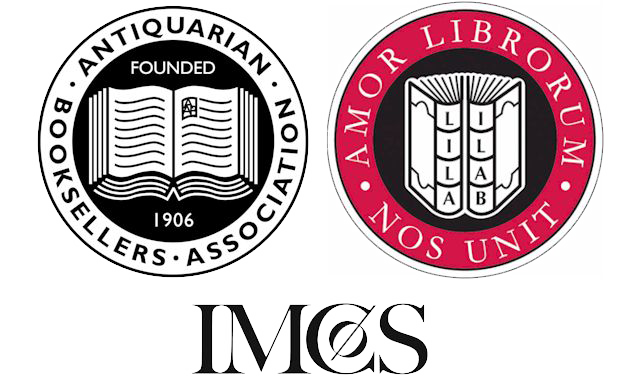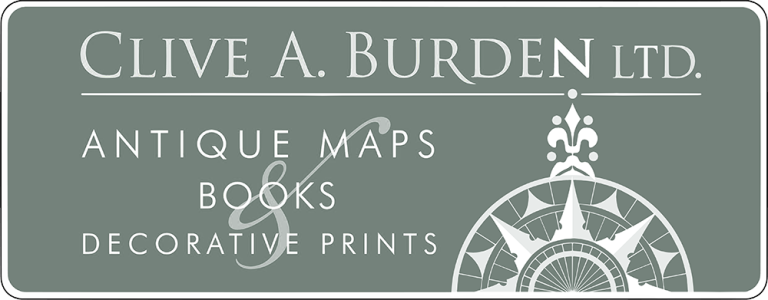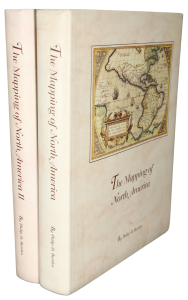Rare Maps and Prints
- World & Celestial
- North America
- West Indies, South & Central America
- British Isles
- British Isles
- English counties
- Large-scale
- Bedfordshire
- Berkshire
- Buckinghamshire
- Cambridgeshire
- Cheshire
- Cornwall
- Cumberland
- Derbyshire
- Devon
- Dorset
- Durham
- Essex
- Gloucestershire
- Hampshire
- Herefordshire
- Hertfordshire
- Huntingdonshire
- Islands
- Kent
- Lancashire
- Leicestershire
- Lincolnshire
- Middlesex
- Norfolk
- Northamptonshire
- Northumberland
- Nottinghamshire
- Oxfordshire
- Rutland
- Shropshire
- Somerset
- Staffordshire
- Suffolk
- Surrey
- Sussex
- Warwickshire
- Westmoreland
- Wiltshire
- Worcestershire
- Yorkshire
- Wales
- Scotland
- Ireland
- Western Europe
- Eastern Europe
- Middle East
- Africa
- Asia
- Australasia & Pacific
- Decorative Prints
- Title Pages
Mr. Philip D. Burden
P.O. Box 863,
Chalfont St. Giles, Bucks HP6 9HD,
UNITED KINGDOM
Tel: +44 (0) 1494 76 33 13
Email: enquiries@caburden.com
William Smith (1546-1618) was an antiquary and an officer of the College of Arms. The twelve maps of William Smith were for years known famously as those of the ANONYMOUS map maker. Although ten of them are derived from those of Christopher Saxton and two from John Norden they are no mere slavish copies. Smith sought local knowledge to improve on earlier works much of which was incorporated into his maps. One such correspondent called William Burton provides the only firm evidence we have that the engraver of the plates was Jodocus Hondius. In 1958 the British Museum acquired four manuscript maps from the Netherlands which provided the conclusive evidence of the authorship of William Smith. These were of Cheshire, Hertfordshire, Warwickshire and Worcestershire. The name of Hans Woutneel, a Dutch bookseller in London, can be found in connection with two of the maps, but only on one engraved, that of Essex dated 1602. This has led to speculation that his departure from the project, Hondius’ departure to work on the copper plates for the atlas of John Speed, or the latter’s imminent production were sufficient to end the series. The maps of William Smith beautifully engraved by Hondius remain one of the most desirable of any English county maps. Those in the first state are VIRTUALLY UNOBTAINABLE.
Peter Stent loomed very large in the London market for loose prints and maps from about 1641 until his death. Sometime quite probably during the English Civil War when there was an increased demand for maps of the counties Stent acquired the copper plates to William Smith’s maps. It was certainly by c.1655 when he lists them in his broadside catalogue. Peter Stent died from the plague 29 September 1665 and bequeathed his estate to his wife Susanna, shortly after it was sold to John Overton the printseller. Stent’s stock was arguably the largest collection of prints on the market at the time. Amongst this he found twelve copper plates of the English counties by William Smith. These formed the nucleus of a set of maps of the English Counties. Those counties which Overton could not provide from his own stock were supplied by the acquired maps of Speed, Blaeu or Jansson. These county atlases were an English version of a rich seam of similar Dutch composite atlases published from the mid-seventeenth century. They are exceedingly rare SURVIVING IN JUST FOUR KNOWN EXAMPLES, none complete. Later atlases sold by his son Henry are similarly rare, only six survive. ‘Imago Mundi’ 36 pp. 90-2; Skelton (1970) 89.
Peter Stent loomed very large in the London market for loose prints and maps from about 1641 until his death. Sometime quite probably during the English Civil War when there was an increased demand for maps of the counties Stent acquired the copper plates to William Smith’s maps. It was certainly by c.1655 when he lists them in his broadside catalogue. Peter Stent died from the plague 29 September 1665 and bequeathed his estate to his wife Susanna, shortly after it was sold to John Overton the printseller. Stent’s stock was arguably the largest collection of prints on the market at the time. Amongst this he found twelve copper plates of the English counties by William Smith. These formed the nucleus of a set of maps of the English Counties. Those counties which Overton could not provide from his own stock were supplied by the acquired maps of Speed, Blaeu or Jansson. These county atlases were an English version of a rich seam of similar Dutch composite atlases published from the mid-seventeenth century. They are exceedingly rare SURVIVING IN JUST FOUR KNOWN EXAMPLES, none complete. Later atlases sold by his son Henry are similarly rare, only six survive. ‘Imago Mundi’ 36 pp. 90-2; Skelton (1970) 89.
SMITH, William – OVERTON, John
1602 Essexiae Comitatus Descriptio
London, 1602-[c.1670]
415 x 520 mm., in superb early wash colour, in good condition.
Stock number: 5930
SOLD






